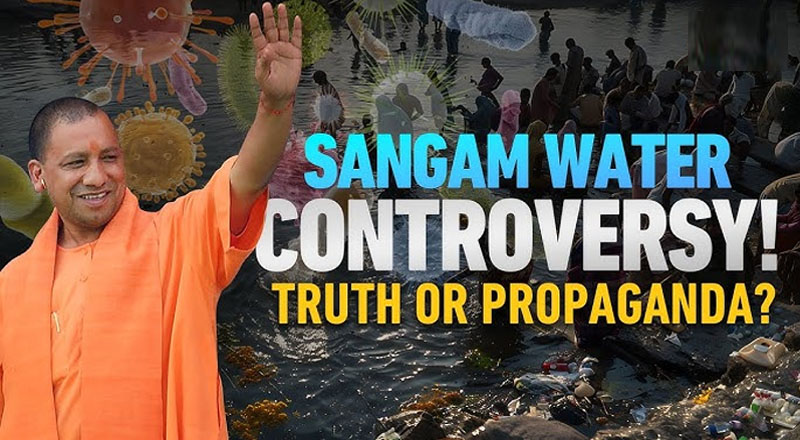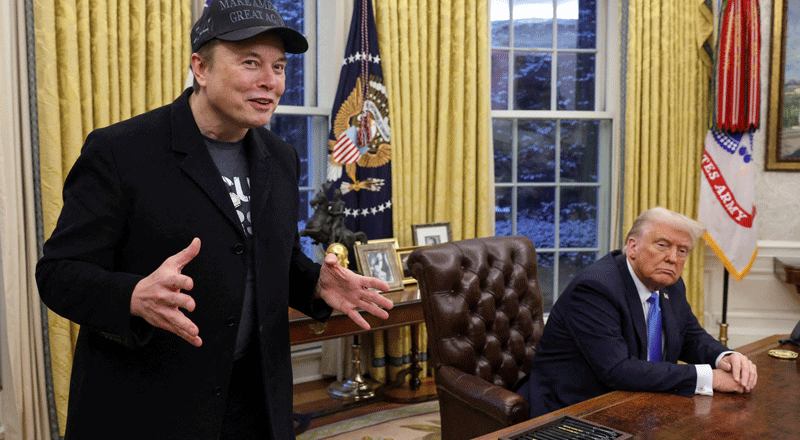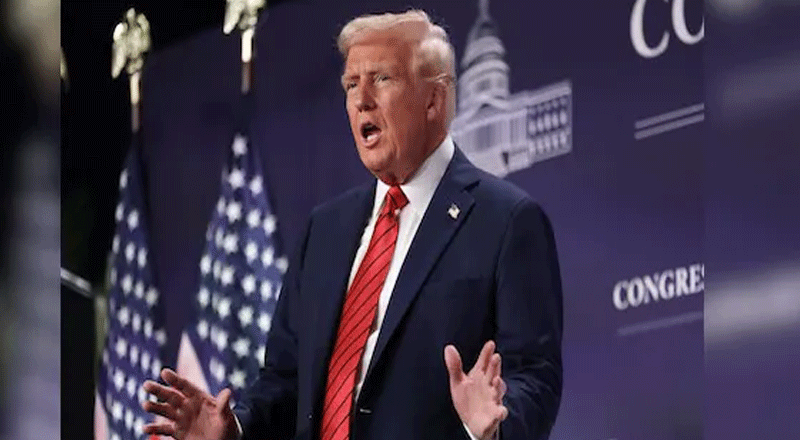- Vladimir Putin has signed a law to revoke Russia’s ratification of the global treaty banning nuclear weapons tests.
- Moscow claimed the move was to put it on equal ground with the US, which has signed but never ratified the Comprehensive Nuclear Test Ban Treaty.
- It said it would not resume testing unless Washington does.
- The upper house of Russia’s parliament voted to rescind the country’s ratification of the test ban last week.
- Hours later, Russia’s military conducted a simulated nuclear strike in a drill overseen by Mr Putin.
- Some Western experts fear Russia may be gradually moving towards a test to intimidate the rest of the world during the war.
Russia’s parliament completed the passage of a law on Wednesday withdrawing ratification of the global treaty banning nuclear weapons tests, evidence of the deep chill in relations with the United States as Moscow pursues its war in Ukraine. Deputy Foreign Minister Sergei Ryabkov said Russia was not prepared to resume discussing nuclear issues with the U.S. unless Washington dropped its “hostile” policy.
The bill to deratify the Comprehensive Nuclear Test Ban Treaty (CTBT) was approved by 156 votes to zero in the upper house after the lower house also passed it unanimously. It now goes to President Vladimir Putin for signing.
Putin had requested the change to “mirror” the position of the United States, which signed the CTBT in 1996 but never ratified it. Though it has never formally come into force, the CTBT has made nuclear testing a taboo – no country except North Korea has conducted a test involving a nuclear explosion this century.
Russia says it will not resume testing unless Washington does, but arms control experts say a test by either Russia or the United States could trigger a new arms race – and more testing by other countries – at a moment of acute tension, with wars raging in Ukraine and the Middle East.
A news outlet published satellite images last month showing that Russia, the United States, and China have all expanded their nuclear test sites in recent years. The U.S. Energy Department said last week it had conducted a chemical explosion at its test site in Nevada “to improve the United States’ ability to detect low-yield nuclear explosions around the world”.
Speaking to Russian lawmakers before Wednesday’s vote, deputy foreign minister Sergei Ryabkov said the Nevada blast was “undoubtedly a political signal”. “As our president said, we must be on alert, and if the United States moves towards the start of nuclear tests, we will have to respond here in the same way,” he said.
Russia says its monitoring stations will keep supplying data to the global network that detects nuclear blasts. But in separate comments, RIA news agency quoted Ryabkov as saying Russia was not ready to resume nuclear talks with the U.S.
Without changes in its “deeply fundamental hostile course”, he said, “a return to dialogue on strategic stability, including the topic of strategic offensive arms and other topics in the form that was previously practiced, is simply impossible”.
Russia accuses Washington of trying to inflict a “strategic defeat” on it by arming Ukraine in the war. The U.S. says it is helping Kyiv to defend itself.
The absence of nuclear dialogue has called into question the fate of the New START treaty, which limits the number of strategic warheads that Russia and the U.S. can deploy. Russia suspended the treaty this year and it is due to expire in 2026, leaving the two countries without any remaining bilateral nuclear weapons agreement. Ryabkov said Moscow had received an unofficial memo from Washington on arms control and was looking at it, but it had “no novel elements”.
(With inputs from the agencies)





